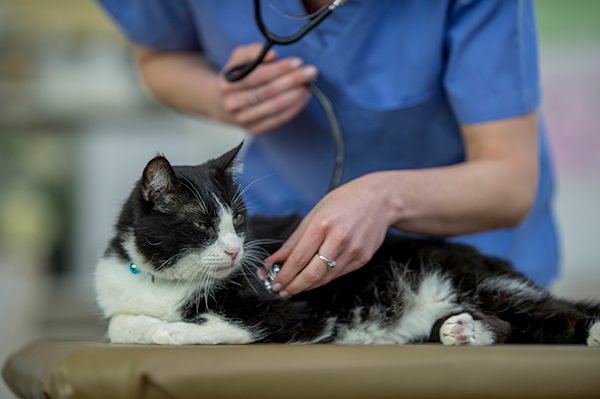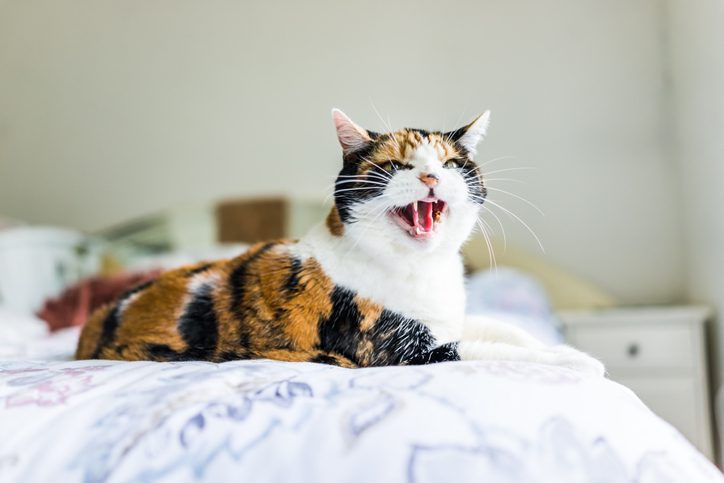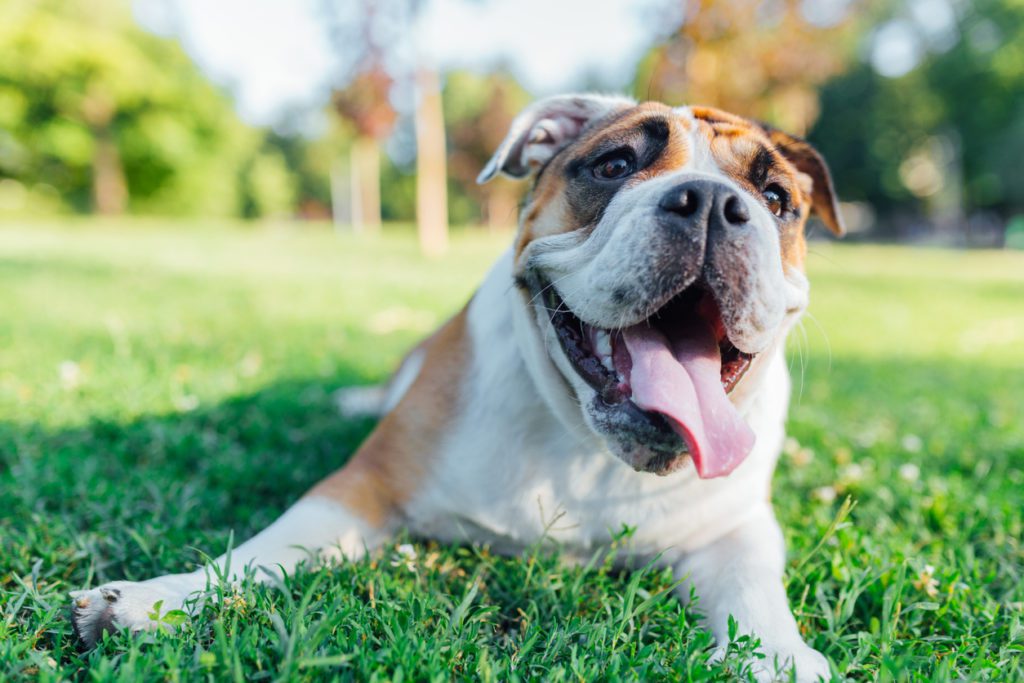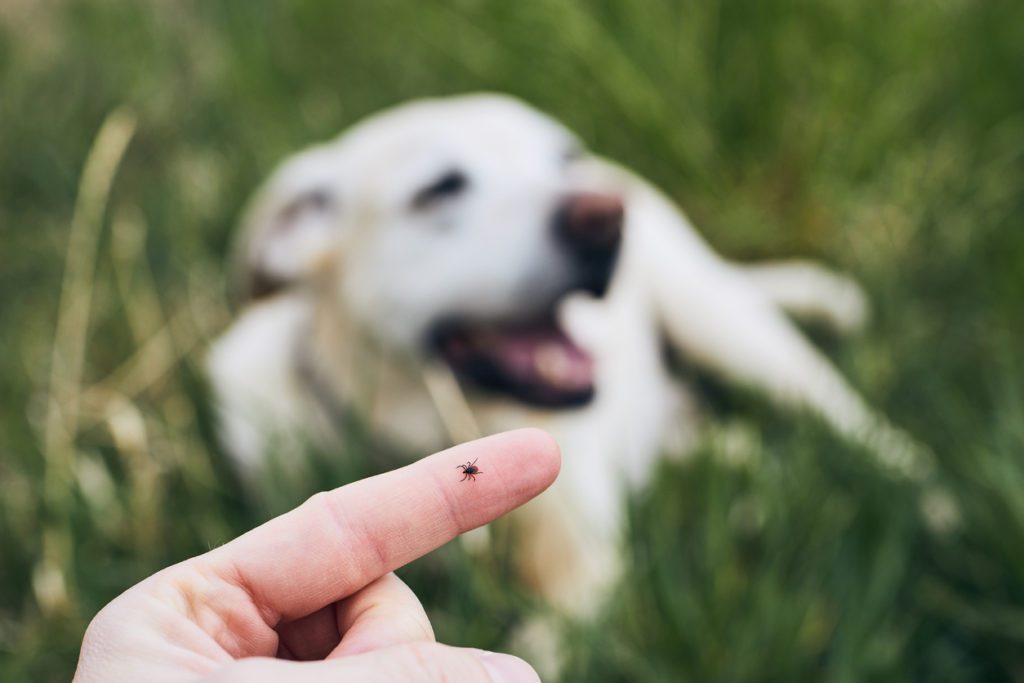All About Cat Heart Failure and What to Look Out For
It is essential to get your cat to the vet at least once a year – and possibly more for older cats. Cats need thorough medical checkups, which should involve the examination of the heart. Cats can be just as susceptible to heart damage as dogs and humans.
Cats who have an irregular heartbeat should be carefully monitored for any symptoms that may be occurring. Signs can be hidden, or they can be as clear as a bell. Most feline heart disease occurs throughout their lifetime, but other cats have a defect from birth.

You must pay attention to your feline companion and recognize the signs that they may be suffering from heart disease. If you suspect your cat may have a heart issue, you should contact your veterinarian as soon as possible. Read this article to find out about cat heart failure and what to look out for.
What are The Symptoms of Heart Failure in Cats?
It is often hard to tell if cats have heart disease (see video) because the symptoms in cats tend to be nonspecific. They do not cough as dogs and humans do. Coughing can be a subtle sign of heart failure. Cats may limit themselves when it comes to exercise, but it may not be clear why.
The symptoms of heart failure in cats can be hidden. Your cat may have a heart murmur if they have heart disease. A murmur caused by abnormal blood flow is a “whooshing” noise between normal heart sounds. Sometimes kittens or young cats may have a heart murmur, but it disappears as they get older.
About 50 percent of adult cats with heart murmurs will develop heart disease. If your cat has a murmur, it should be checked often due to the higher disease risk. However, not all cats with murmurs will experience heart failure.
A vet or a specialist should examine cats who have an irregular heart rhythm if it is severe. Some of the common signs of heart disease in cats include the following:
- Weight loss
- Not eating
- Lack of energy
- Rapid or heavy breathing
- Congestion in the lungs
- An enlarged belly due to fluid retention
Not all these symptoms are present in each cat, but it would be worth having the vet examine them. Heart disease is a severe condition, and if you see any of these signs, do not ignore them.
What Types of Heart Problems Do Cats Get?
In cats, heart disease can come in several different forms. You will need a proper diagnosis for the vet to be able to treat it. Types of heart disease your cat can get include:
Congenital Problems
This problem occurs when a kitten is born with a heart defect. Fortunately, these defects only happen in one or two percent of kittens. These cats’ most frequently diagnosed problems pertain to the heart’s valve structure and operation or holes in the septum.
Some of the causes of congenital heart disease in cats include:
- Genetics
- Chemical ingestion or poisoning in the mother
- Poor nutrition in the mother
- The mother takes medications during pregnancy
Congenital heart defects in cats take place in the womb. These problems are not very common. Kittens who have congenital heart defects may get better with medicine or surgery.
Hypertrophic Cardiomyopathy
This heart issue is the most commonly diagnosed disease in cats. It involves the thickening of the heart’s muscular tissue in the left ventricle. It decreases the heart’s efficiency, and various symptoms in other parts of the body can develop. This disease is more common in certain breeds. These include:
- Ragdoll
- Maine Coon
- British Shorthair
- Sphynx
- Chartreux
- Persian
- Siamese
Hypertrophic cardiomyopathy causes the heart to beat rapidly, increasing oxygen usage and possibly lowering oxygen in the heart muscle. This lack of oxygen may cause cells to die off and cause impaired heart function, which leads to arrhythmia or abnormal heart rhythm.
Congestive heart failure is the result of blood moving slowly and allowing clots to form in the heart. If you notice any unusual symptoms, you need to get your cat to the vet as soon as possible.
Treatment for a cat with hypertrophic cardiomyopathy focuses on:
- Controlling heart rate
- Improving congestive heart failure
- Reduce fluid buildup
- Prevent blood clots
All of this is achieved using different medications. They can be given orally or by injection.
Restrictive Cardiomyopathy
This disorder is where there is a buildup of scar tissue on the inner lining of the left ventricle. The increase occurs gradually as symptoms worsen. Your cat may not be presenting signs of this illness, but there are some symptoms to watch out for. These include:
- Panting or open-mouth breathing
- Inability to exercise
- Lack of energy
- Rapid breathing
- No appetite
- Bloated stomach
Restrictive myopathy can result from the stiffening of muscles. When this occurs, your cat’s heart cannot properly expand to fill with blood to supply their organs.
Unfortunately, no medications have shown that they can slow down the progression of the disease. Sometimes beta-blockers or calcium channel blockers are prescribed.
Dilated Cardiomyopathy
This disease is typified by a dilated and insufficiently contracting left ventricle. The symptoms of dilated cardiomyopathy are correlated with diminished blood flow in the body. This disease can cause:
- Weak pulse,
- Heart murmur
- Irregular lung sounds
This heart condition tends to be seen more in male cats than females. It typically occurs between ages 2 and 22. You may be able to determine your cat’s condition if your cat exhibits the following signs:
- Decreased appetite
- Lack of energy
- Distended or bloated belly
- Pain
- Paralysis
- Inability to exercise
- Coughing
- Shallow breath
- Weakness
In severe cases, dilated cardiomyopathy in cats is treated with a therapeutic diuretic and angiotensin-converting enzyme inhibiter drugs. Your vet will also instruct you to feed your cat a specialized diet that is low in sodium.
Another possibility is that your cat could have intermediate cardiomyopathy. This condition demonstrates changes that signify more than one kind of heart disease. For example, they could have a combination of both hypertrophy and dilatation.
What Are the Underlying Causes of Cat Heart Failure?
In many cases, the underlying source of heart disease is not known. You will likely need your vet to investigate to find out if the heart disease results from another condition. Here are some examples:
Cardiomyopathy Secondary to Other Conditions
- Hyperthyroidism
- Hypertension
- Kidney failure
Nutrition Deficiencies
- Taurine deficiency
Chemically induced
- Exposure to toxins
Hereditary Causes
- Genetic defects in certain cats can trigger heart issues
An important point to note is that heart failure is the outcome of severe heart disease. However, not all heart disease results in heart failure.
Watch Out for These Signs and Symptoms of Cat Heart Failure
Research has shown that one in six cats can be born with or acquire heart disease within their lifetime. Cats, both young and old, can be affected. Many times, there are no symptoms of heart disease until it becomes advanced.
It is critical to make sure you take your cat to the vet for regular checkups, and part of that checkup should be to monitor your fur baby’s heart. Nothing is more devastating to a pet parent than finding out your pet has a disease when it is too late.
With the appropriate treatment from your veterinarian, there is no reason your cat cannot live a long and happy life.
Recent Posts
Why Do Cats Hiss?
Why Do Cats Hiss? It is a common misconception that cats hiss to be aggressive or confrontational…
My Dog Has Diarrhea But is Acting Fine: What Do I Do?
My Dog Has Diarrhea But is Acting Fine: What Do I Do? Your dog can appear okay,…
11 Ways to Help Prevent Fleas and Ticks on Dogs
11 Ways to Help Prevent Fleas and Ticks on Dogs As a pet parent, you want to…
About Us
Originally opened as Animal Care Hospital by Dr. Mark Johnston in 1989, the hospital became Cornerstone Veterinary Hospital in 2015 when it was purchased by Drs. Alan and Lisa Knott. The name 'Cornerstone' holds a special place in their hearts, representing not only their Christian faith but also their commitment to being the cornerstone of the community in which they practice. As a family-owned and operated practice, every pet is treated as part of the family, ensuring they receive the highest standard of care. The team at Cornerstone Veterinary Hospital is dedicated to building lasting relationships with clients and their beloved pets, striving to be the cornerstone of the community in which they practice.



